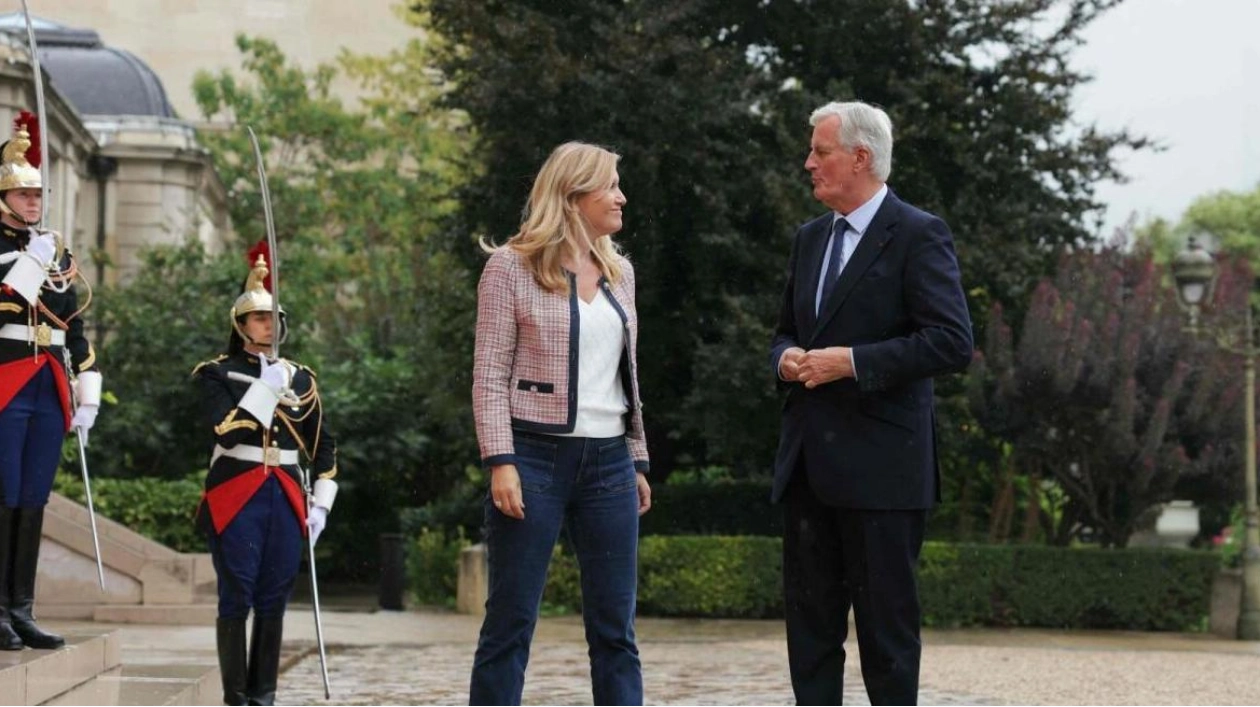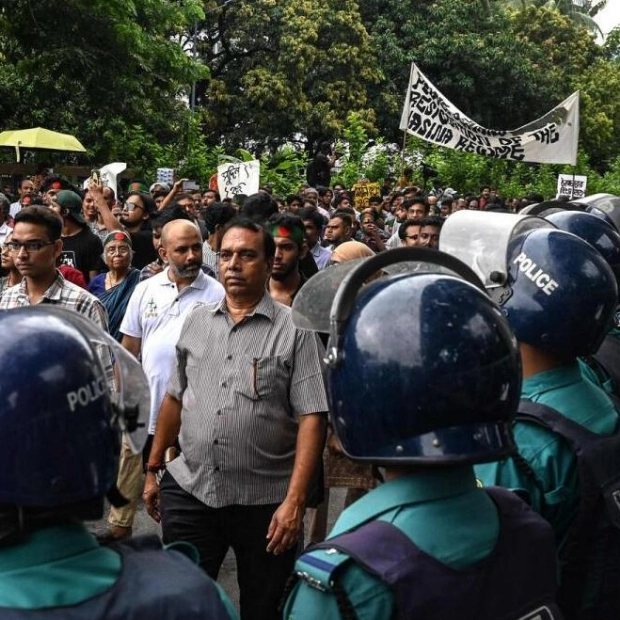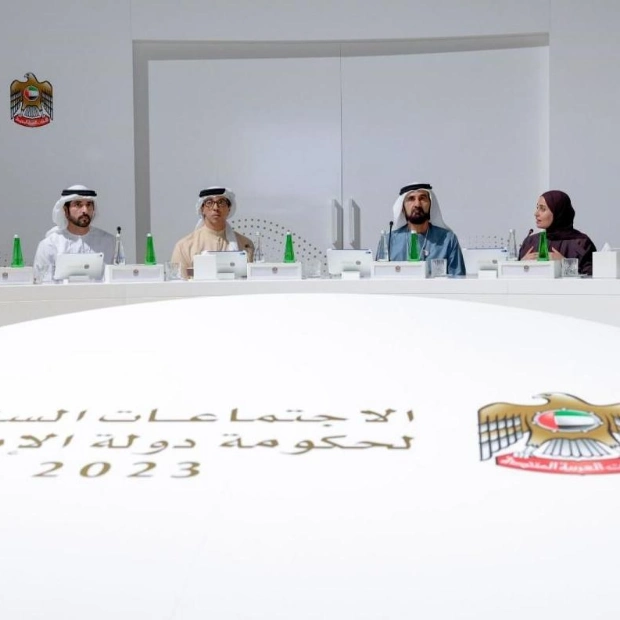France has requested the European Commission to extend the deadline beyond September 20 for submitting a plan to reduce its public deficit, in order to ensure alignment with Paris' 2025 draft budget, according to La Tribune du Dimanche, citing the finance ministry.
The finance ministry warned in a letter to lawmakers earlier this month that France's budget deficit could unexpectedly rise this year and next if additional savings are not identified, as the euro zone's second-largest economy continues to plunge deeper into political turmoil. The deteriorating financial situation has placed Paris under EU disciplinary actions, leaving incoming Prime Minister Michel Barnier with challenging questions as he seeks to form a new government and prepare a budget by October 1, with the looming threat of a parliamentary vote of no-confidence.
The finance ministry was quoted in La Tribune as stating, "France has asked for such an extension," without specifying the duration requested. This move was intended to "ensure the coherence of the plan and the 2025 draft budget," the ministry explained. Neither the ministry nor the commission were immediately available for comment. The September 20 deadline is not fixed and could be extended until as late as October 15 by mutual agreement.
The financial shortfall implies that Barnier's new government may face difficult decisions between cutting spending and raising taxes or risking credibility with France's EU partners and financial markets. President Macron appointed 73-year-old Barnier, a conservative and the former Brexit negotiator for the European Union, as prime minister on Thursday, concluding a two-month search following his decision to call a legislative election that ultimately resulted in a hung parliament.
Barnier acknowledged on Saturday that he would not be able to perform miracles and aimed to restore order to France's finances. He continued consultations on Sunday as he works to form a government, a challenging task given the potential for a no-confidence vote. The leftist New Popular Front (NFP) alliance, the largest bloc in parliament, and the far-right National Rally (RN) together hold a majority and could oust the prime minister through a no-confidence vote if they choose to collaborate.
The RN has tacitly approved Barnier, setting several conditions for not supporting a no-confidence vote, effectively making it the de facto kingmaker for the new government. Speaking on Sunday, RN leader Marine Le Pen stated that her party expects Barnier to implement measures that respect the 11 million people who voted for it. "If in the coming weeks the French are forgotten or badly treated, we won't hesitate to vote against the government," she said at a public meeting in northern France.






